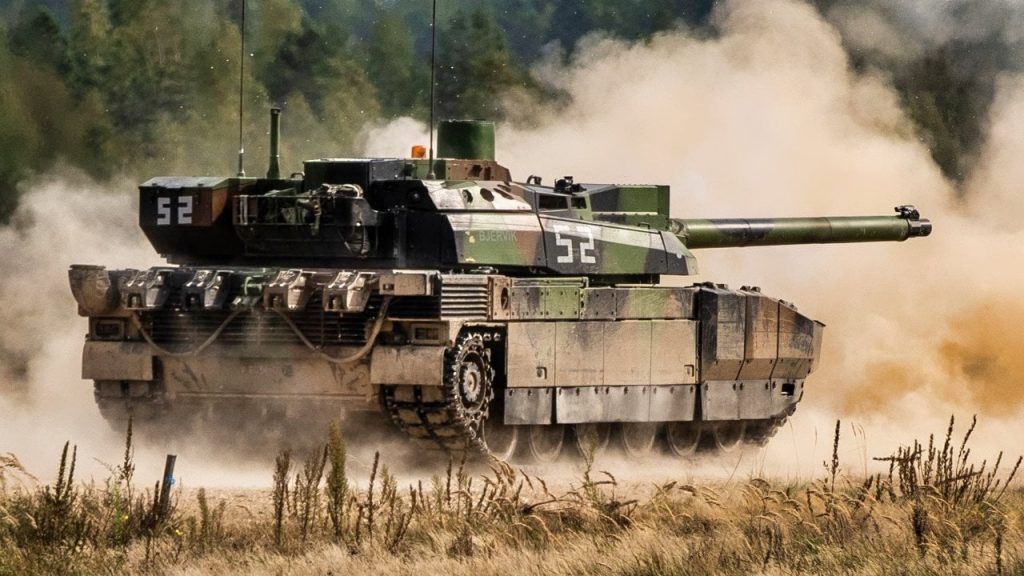North Korean Troops Fighting Ukraine is a NATO Nightmare
Originally published in The National Interest.

North Korea’s deployment of 10,000 troops from its elite Storm Corps to aid Russia in Ukraine marks a significant escalation in the nearly three-year-old conflict. This is North Korea’s first overseas military intervention, signaling a bold move by Kim Jong Un’s regime.
North Korean Troops Deployed to Russia: What Happens Now?
The fact that some 10,000 North Korean troops have deployed to Eastern Europe to aid Russia’s invasion efforts in Ukraine is shocking for several reasons. For the first time since the nearly three-year-old conflict erupted, a foreign country is now directly involved on the ground. While the U.S. and its NATO allies have provided billions of dollars in weaponry and funds to Ukrainian forces, no third party has actively participated in either side of the war.
Additionally, Pyongyang has never before sent military units abroad. The Hermit Kingdom’s decision to launch a foreign military intervention indicates the Kim Jong Un regime is willing to risk its soldiers gaining different perspectives outside of North Korea. The third reason the presence of North Korean troops on the ground in Russia is significant is that it will escalate the conflict.
What We Know About the Troops:
According to Ukrainian and South Korean intelligence services, the troops deployed to Russia and were part of North Korea’s 11th Corps. Known as the Storm Corps, this unit specialized in infiltration, infrastructure sabotage, and assassinations. A North Korean expert from the D.C.-based Stimson Center believes soldiers from this unit are, “trained to withstand a high degree of physical pain and psychological torture,” adding that.
“What they lack in combat they make up for with what they can tolerate physically and mentally.”
The influx of North Korean troops is meant to supplement Russia’s dwindling numbers. The U.S. has previously estimated that at least 60,000 Russian soldiers have been killed or wounded since the onset of the invasion back in February 2022.
Read more HERE.
- America’s Supercarriers Are Back in Force in the Pacific - December 30, 2025
- Israel’s $2 Iron Beam Laser Could Disrupt Missile Warfare - December 23, 2025
- US Stands Up New Drone Strike Force in the Middle East - December 9, 2025
